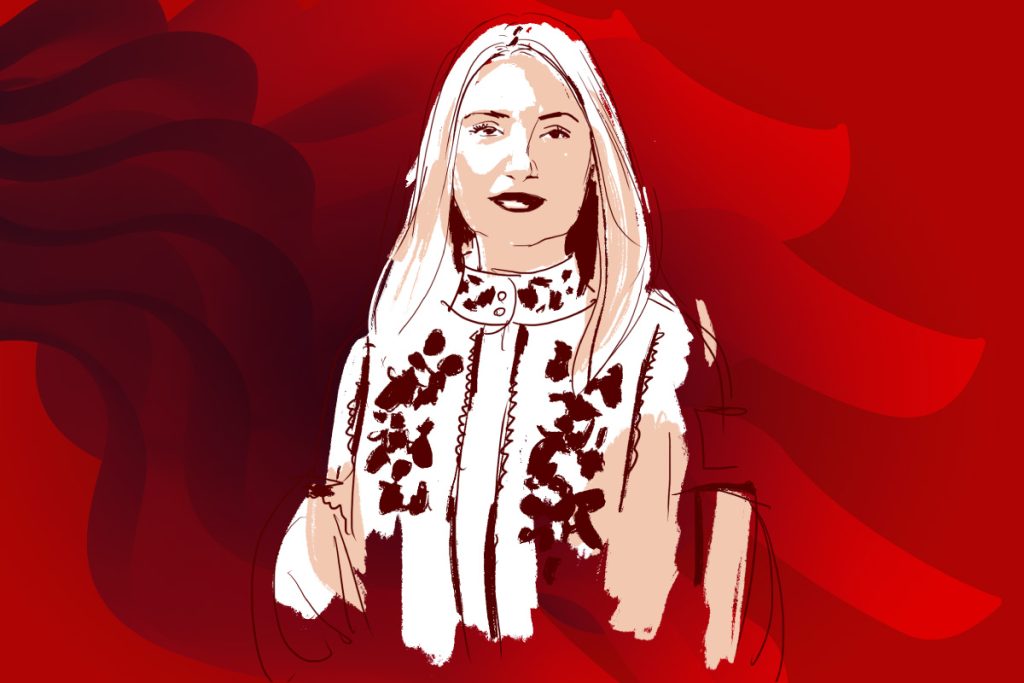
A recent law passed in Hungary is threatening to displace thousands of Ukrainian refugees by removing access to state-subsidized accommodation. This move has raised significant concerns about the violation of human rights and European Union values. Hungary’s decision, which primarily impacts refugees from western Ukraine, has drawn criticism from international organizations like the UNHCR and human rights advocates. The law, signed in June 2024 by Prime Minister Viktor Orban, has caused many to question Hungary’s commitment to its EU obligations regarding refugee protection and non-discrimination.
The New Law and Its Impacts
As of August 2024, the Hungarian government has revised its refugee support policies, offering state-subsidized housing only to those fleeing from 13 Ukrainian regions that it deems directly affected by the ongoing war with Russia. Refugees from other parts of Ukraine, such as Transcarpathia in the west, are no longer eligible for this assistance.
The law’s effects are far-reaching, with an estimated 2,000 to 3,000 Ukrainians at immediate risk of losing their housing. Many of these individuals are Roma women and children, a particularly vulnerable group already facing considerable marginalization. The law leaves them with few alternatives, as Hungary has not provided adequate replacement options for state-subsidized accommodation. Consequently, thousands are at risk of homelessness and further displacement within Hungary.
A Breach of European and Human Rights
This policy shift contravenes the principles of the European Union’s Temporary Protection Directive, which ensures equal access to housing and social services for all refugees fleeing armed conflict. By limiting this protection based on geographic origin, Hungary appears to be violating the directive, which mandates that all Ukrainian refugees should receive equal treatment, irrespective of their region of origin.
Human rights groups have raised concerns that Hungary’s policy undermines not only the rights of Ukrainian refugees but also European values of solidarity and protection of human dignity. The UNHCR has expressed its alarm, urging the Hungarian government to reconsider the law and ensure that all refugees are treated fairly.
Moreover, this development follows Hungary’s ongoing disputes with the European Union over its rule of law violations. In recent years, Hungary has faced criticism and sanctions from the EU due to its increasingly authoritarian policies and failure to uphold democratic principles. The new refugee law seems to follow a similar trend, further isolating Hungary from its European partners and damaging its reputation within the international community.
Human Rights Violations and Discriminatory Practices
The situation is particularly dire for the Roma refugees from Ukraine, who already face systemic discrimination across Europe. Reports indicate that many of the Roma fleeing Transcarpathia are experiencing heightened prejudice in Hungary, further exacerbated by this new legislation. Refugee rights organizations fear that this law will reinforce existing inequalities, particularly in access to housing and essential services, disproportionately affecting ethnic minorities.
By withdrawing support from a substantial portion of Ukrainian refugees, Hungary is potentially violating their human rights under international law. Article 14 of the Universal Declaration of Human Rights, to which Hungary is a signatory, states that everyone has the right to seek asylum from persecution. Yet, Hungary’s restrictive policies appear to run counter to this principle.
Consequences for Refugee Integration
The abrupt removal of housing subsidies could reverse the progress many refugees have made in integrating into Hungarian society. For those who had begun to rebuild their lives, find jobs, and enroll their children in schools, the loss of housing could lead to renewed instability and isolation. The social impact of the law is expected to be significant, as many refugees lack the financial means to secure private housing without state assistance.
The potential for increased homelessness, job loss, and disrupted education for children may not only affect the refugees but could also strain Hungary’s social systems and community cohesion. International observers are calling for the Hungarian government to take a more compassionate and consistent approach that aligns with its obligations under EU law and human rights treaties.
Afterwords
Hungary’s recent legislative change limiting access to state-subsidized accommodation for Ukrainian refugees has ignited a broader debate about the country’s commitment to upholding human rights and European Values. While the Hungarian government defends the policy as necessary, given the prolonged nature of the conflict, the law has faced condemnation from human rights organizations, the UNHCR, and the wider international community.
This move could set a dangerous precedent within the European Union, signaling a retreat from the shared responsibility for protecting refugees. As the situation unfolds, it remains crucial for the EU and other international bodies to hold Hungary accountable for its legal and moral obligations toward refugees, ensuring that the most vulnerable are not left behind.
#TeamMarta
References:
- Euronews. Ukrainian refugees face homelessness after Hungarian asylum rule change
- UNHCR Hungary. UNHCR concerned by Hungary’s legislative changes impacting Ukrainian refugee housing
- Evrim Ağacı. THE PINNACLE GAZETTE. Hungary’s Law Threatens Ukrainian Refugees Housing
- Human Rights Watch. World Report 2024: Hungary





